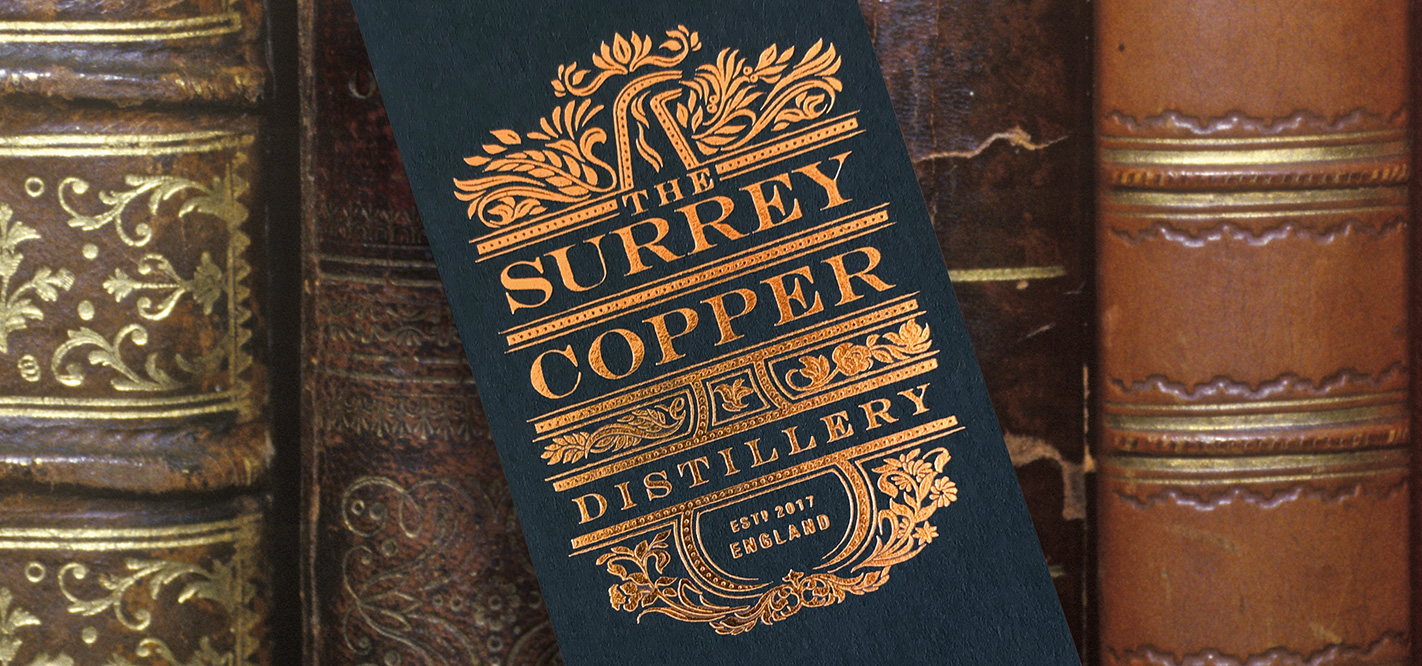
Inspiration
Dr Chris Smart has a PhD in biochemistry and is a qualified distiller who previously worked for Cadburys and Campden BRI. At Campden BRI he was the Head of Brewing Services providing consultancy to brewers and distillers from corporate to craft.
Professor Katherine Smart has a PhD in brewing and a DSc in Brewing and Distilling. She is a qualified distiller and taster of spirits. She previously worked for the Universities of Cambridge, Oxford Brookes and Nottingham as an academic before joining SABMiller PLC where she was the Global Chief Brewer. Katherine is a University Lecturer in Brewing and Distilling at the University of Cambridge. Katherine is a Distiller, Botanist, Scientist and an Author.
The first gin recipe is based on a heritage Georgian recipe which we believe was also used to make early Victorian gins. We first discovered the recipe in The National Brewing Library which is home to some very rare books, including a first edition of The Complete Distiller by Ambrose Cooper which was published in 1757 in Holborn, London. The Library which belongs to The Institute of Brewing and Distilling is housed at Oxford Brookes University and was co-founded by Distiller and Botanist, Professor Katherine Smart in 2001. Ambrose Cooper was probably inspired to write The Complete Distiller by two Gin Acts, the first in 1751, which marked the end of the Gin Craze by encouraging respectable selling and banning any still that had a capacity of less than 1800 litres, and the second in 1736 which raised the licence fees and heavily taxed gin shops. This limited the production and selling of gin, almost certainly enhancing the quality and respectability of the spirit. The recipes first described by Ambrose Cooper in 1757 were republished in a second edition in 1800 demonstrating that they were established and still in use.
Whilst browsing in a book shop opposite the British Museum, Katherine Smart stumbled across a copy of the 1800 edition of The Complete Distiller nestled between some beautifully bound copies of Charles Dickens’ collected works. She bought the book and together with Chris Smart recreated the original recipes in the Distillery Spirit Laboratory using small copper pot stills. The recipe now used for Copperfield London Dry Gin was inspired by these first distillations.
Many famous authors have been inspired by the beautiful county of Surrey including Charles Dickens who spent time at the White Horse Inn in Dorking where he penned Pickwick Papers. Dickens enjoyed spirits and perhaps gin most of all. He often referred to gin in his books. In the Pickwick Papers he coined the name Whistling Shop for a place where spirits and particularly gin were sold. In David Copperfield, Mr Macawber ordered a gin punch and quickly forgot his troubles. Dickens himself reputedly collected gins in his cellar and one of his favourite drinks was a Mint Julep which was a wonderfully refreshing combination of gin, lemon juice and mint. Mint Juleps were regularly served by Dickens at his Doughty Street soirees. The Personal History, Adventures, Experience and Observation of David Copperfield the Younger of Blunderstone Rookery (Which He Never Meant to Publish on Any Account) or David Copperfield as it is perhaps better known is largely recognised as Charles Dickens veiled autobiography.
We named our gin Copperfield as a tribute to Charles Dickens but also because our gin is made with botanicals from the field and a pot still made of copper and the name beautifully combines the two.
We are based in the heart of the beautiful county of Surrey in England, which has inspired authors, artists and artisans for centuries. We make a distinctive library of spirits inspired by history and reflecting the very essence of England. Our stills are made of Copper and have been designed and made to create unique flavour and aroma combinations. The ingredients we use have been carefully selected to provide the very best spirit flavour and aroma experiences which we hope will delight you.



